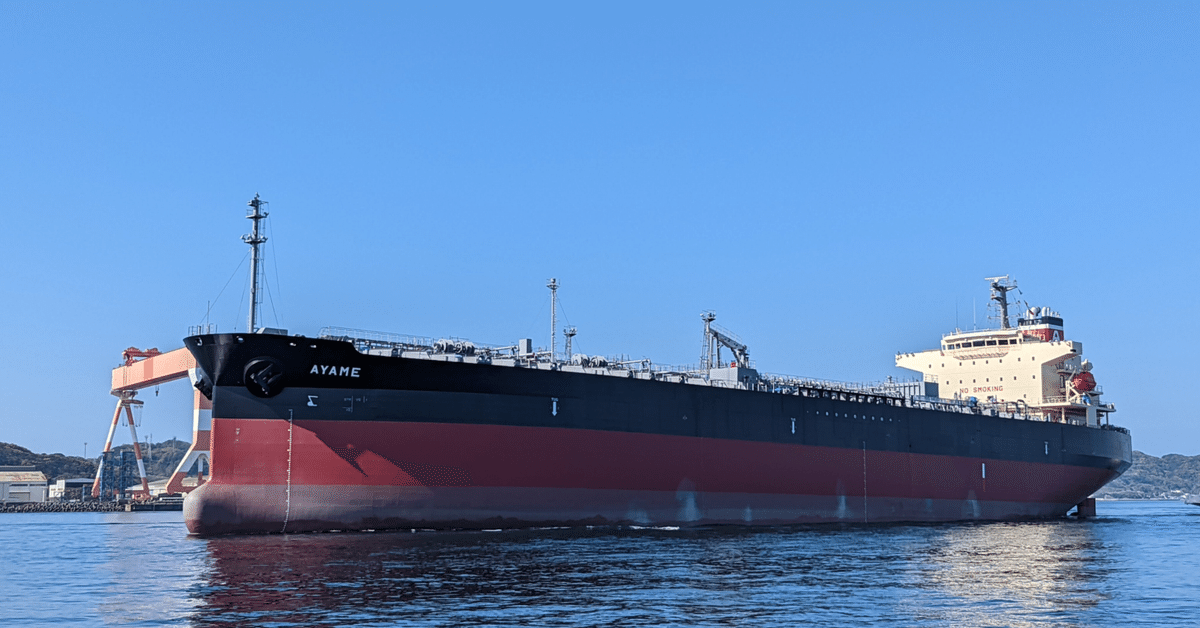
ロシア産原油等に係る上限価格措置(プライス・キャップ制度):2023年2月23日(木)
2022年9月にG7財務大臣間で大枠合意したプライス・キャップ制度は,「一定の価格を超える」ロシア産原油等の「海上輸送等」に関連するサービスを禁止し,一定の価格以下のロシア産原油等の海上輸送等に関連するサービスは禁止の対象外とする措置である。本措置は「原油」については2022年12月5日から,「石油製品」については2023年2月5日から適用され,G7(EU含む)及びオーストラ リアが参加している。
日本では外国為替及び外国貿易法(昭和二十四年法律第二百二十八号)において本件が措置されている。本規制措置の対象となる取引や行為は,上限価格を超えるロシア産原油等の輸入及びロシアから第三国への仲介貿易取引,上限価格を超えるロシア産原油等の購入等に関連して,日本の居住者が非居住者に対し行う取引又はサービスの提供(海運サ ービス,通関サービス,金融サービス及び保険サービス)である。
ただし,サハリン2プロジェクトで生産された原油については本措置の規制の対象外であり,サハリン2 プロジェクトで生産された原油についてはその輸入,仲介貿易取引,海運・通関・ 金融・保険サービスの提供も引き続き可能である。また,サハリン2プロ ジェクトからの原油の日本への輸入に関連するサービスの提供については米国・英国・EU・オーストラリア間で例外とすることで合意しており,当該購入の価格が上限価格を上回っていても,再保険サービス等については規制対象とはならない。
以上が,日本の所管省庁である外務省,財務省,経済産業省,金融庁,国土交通省から公表された資料に基づいて纒めた「プライス・キャップ制度」の要旨である。
ロシアに対する経済制裁を目的としたものであるが,今のところ,インド・中国等の同志国以外にロシア産原油等が輸出シフトされていたり,中東産油国の原油トレーダーが上限価格以下のロシア産原油と他の原油との価格差を利用して原油売買をするなどして,ロシアの原油等による収入の顕著な減少は見られず,本規制の効果は諸刃の刃(もろはのやいば)の様相を呈している。
Price Cap Measures for Russian Crude Oil and Others:February 23rd(Thursday)
The price cap system agreed upon by the G7 finance ministers in September 2022 prohibits services related to the "sea transport, etc." of Russian crude oil and other products that exceed a certain price, while services related to the sea transport, etc. of Russian crude oil and other products below a certain price are exempt from the ban. This measure applies to "crude oil" from December 5, 2022, and "petroleum products" from February 5, 2023, and includes participation from G7 countries (including the EU) and Australia.
In Japan, this measure is addressed in the Foreign Exchange and Foreign Trade Act (Law No. 228 of 1949). The regulated transactions and activities include the import of Russian crude oil and other products that exceed the price cap, intermediary trade transactions from Russia to third countries, and transactions or services provided by Japanese residents to non-residents related to the purchase of Russian crude oil and other products that exceed the price cap (shipping services, customs services, financial services, and insurance services).
However, crude oil produced in the Sakhalin-2 project is exempt from the regulation, and the import, intermediary trade transactions, shipping, customs, financial, and insurance services related to crude oil produced in the Sakhalin-2 project can continue to be provided. It has also been agreed among the United States, the United Kingdom, the EU, and Australia to make an exception for services related to the import of crude oil from the Sakhalin-2 project to Japan, and reinsurance services are not subject to regulation even if the purchase price exceeds the price cap.
The above is a summary of the "price cap system" based on materials released by Japan's Ministry of Foreign Affairs, Ministry of Finance, Ministry of Economy, Trade and Industry, Financial Services Agency, and Ministry of Land, Infrastructure, Transport and Tourism.
While this measure is aimed at economic sanctions against Russia, so far, there has been no significant decrease in Russia's revenue from crude oil and other products due to exports shifting to countries such as India and China that are not part of the coalition, and crude oil traders from Middle Eastern oil-producing countries trading Russian crude oil below the price cap and other crude oils. Therefore, the effectiveness of this regulation seems to be double-edged.
